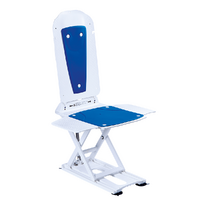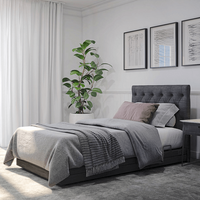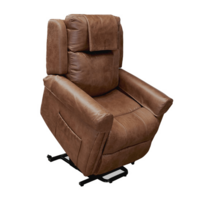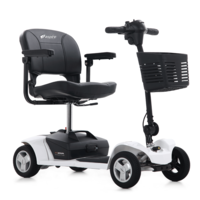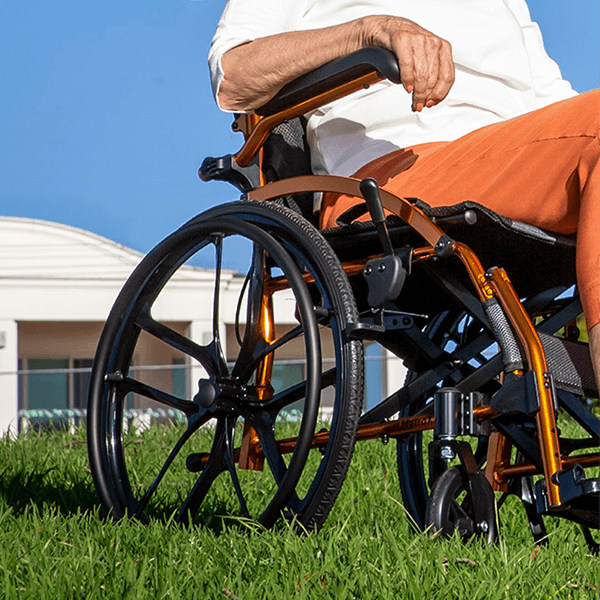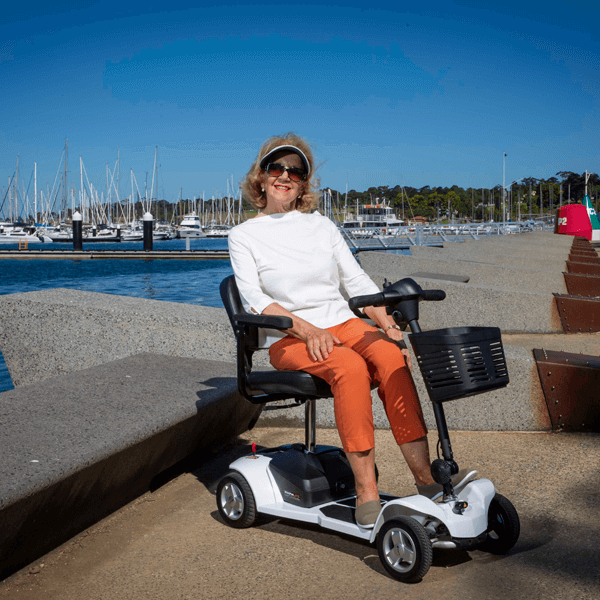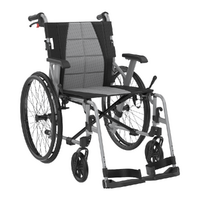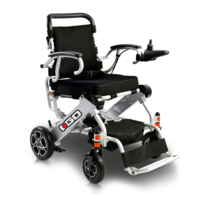The Best Travel Tips For Wheelchair Users
Travel can be unpredictable at the best of times. And really that’s part of the joy of travel – going into the unknown.
But wheelchair users can face more unpredictability than most. Arriving at your hotel and finding the only way to reach your room is by the stairs isn’t just a hurdle to overcome – it can throw your whole trip out.
And while you can’t predict every obstacle you might face, you can at least be as prepared as possible. And ultimately that means being able to enjoy your holiday even more.
Check what ‘wheelchair accessible’ means at your accommodation
Unfortunately, the term ‘wheelchair accessible’ doesn’t mean the same thing everywhere you go. There’s no universal standard for accessibility and just because your accommodation says it’s wheelchair-friendly, doesn’t mean it meets the standards you’re used to – particularly if you’re overseas.
Before you book, contact your accommodation to ask them details about the space. If you’re concerned, have the host provide measurements or images of the room.
Some booking sites like AirBnB allow you to filter your results by accessibility features, making it easier to find accommodation that meets your specific needs.
Before you head off, it’s important to get an idea of how accessible certain attractions are. While many attractions and museums are accessible, some may require you to make arrangements beforehand, for example, to have someone operate a lift or reserve a wheelchair-friendly viewing area.
On the other hand, some attractions will offer free access for you and/or your companion, which is worth taking advantage of.
Research transport options at your destination
Unless you’re taking a car with you, it’s likely that you’ll need to take public transport or rideshare services to hop between attractions.
Most major Australian cities will offer accessible trains, trams and buses with ramps or lowered floors as well as accessible taxis that can be booked in advance. But you may find other places present more obstacles, or the information may not be readily available online.
Researching beforehand will help you figure out what to expect with transport and how much time to allow to get from one place to another. Lonely Planet has a country-by-country list of organisations you can reach out to for help with accessible travel resources.
Consider what mobility aids may help
Mobility is an important consideration when it comes to travelling. Using a different type of mobility aid while you’re away might help you get more out of your adventure.
For example, you may use a manual wheelchair at home but you might consider upgrading to a power wheelchair or mobility scooter for your trip. Long days exploring the sights can tire anyone out and having an option that allows you to keep up might make the holiday more enjoyable.
Seat walker
If you normally use a cane or walking frame at home, you may consider taking a seat walker on your trip. The Vogue Carbon Fibre Seat Walker is extremely lightweight (under 5 kilos) and sturdy, and can be easily folded down for transport. It’s ideal for providing extra support while sightseeing or navigating uneven paths.
Folding wheelchair
Folding wheelchairs are ideal for travelling as they are lightweight and compact when folded down while having generous cushioning for comfort when in use. You can quickly and easily fold down the wheelchair into the back of a taxi for travelling between attractions. The attached pouch is handy for storing your money and other essentials while out and about. Choose from attendant-propelled and self-propelled options.
Folding power wheelchair
A portable power wheelchair is a great option for all sorts of travel as it’s lightweight and folds down easily for transport. The i-Go Folding Power Wheelchair has a sturdy carbon fibre frame and provides up to 15km of use from a single charge.
Mobility Scooter
If you prefer the feel and maneuverability of a scooter, then the Aspire Boot Scooter Supalite mobility scooter is a great choice for travel. This scooter blends the portability of a lightweight scooter with the ability to do a full day of sightseeing with its maximum range of 18km.
Walking stick
Space is often at a premium when staying at hotels and other accommodation, especially in major cities. A walking stick or cane can provide extra support and confidence for users who might not necessarily require a wheelchair at all times. Folding walking sticks and canes are ideal for travelling as they can be easily packed down without taking up too much luggage space.
Find out more about our range of travel-friendly wheelchairs and accessories at Mobility HQ. Browse online or contact our team to chat about suitable options.

















